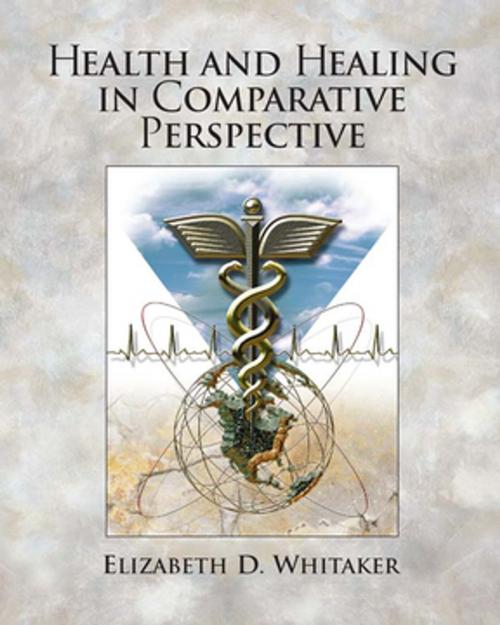Health Psychology
An Interdisciplinary Approach to Health, CourseSmart eTextbook
Nonfiction, Health & Well Being, Psychology, Emotions| Author: | Elizabeth D. Whitaker | ISBN: | 9781317347897 |
| Publisher: | Taylor and Francis | Publication: | December 5, 2016 |
| Imprint: | Routledge | Language: | English |
| Author: | Elizabeth D. Whitaker |
| ISBN: | 9781317347897 |
| Publisher: | Taylor and Francis |
| Publication: | December 5, 2016 |
| Imprint: | Routledge |
| Language: | English |
This reader looks at both the biological and cultural aspects of health and healing within a comparative framework.
Health and Healing in Comparative Perspective provides both fascinating comparative ethnographic detail and a theoretical framework for organizing and interpreting information about health. While there are many health-related fields represented in this book, its core discipline is medical anthropology and its main focus is the comparative approach. Cross-cultural comparison gives anthropological analysis breadth while the evolutionary time scale gives it depth. These two features have always been fundamental to anthropology and continue to distinguish it among the social sciences. A third feature is the in-depth knowledge of culture produced by anthropological methods such as participant-observation, involving long-term presence in and research among a study population. For medical anthropology, medical sociology, public health, nursing courses.
This reader looks at both the biological and cultural aspects of health and healing within a comparative framework.
Health and Healing in Comparative Perspective provides both fascinating comparative ethnographic detail and a theoretical framework for organizing and interpreting information about health. While there are many health-related fields represented in this book, its core discipline is medical anthropology and its main focus is the comparative approach. Cross-cultural comparison gives anthropological analysis breadth while the evolutionary time scale gives it depth. These two features have always been fundamental to anthropology and continue to distinguish it among the social sciences. A third feature is the in-depth knowledge of culture produced by anthropological methods such as participant-observation, involving long-term presence in and research among a study population. For medical anthropology, medical sociology, public health, nursing courses.















